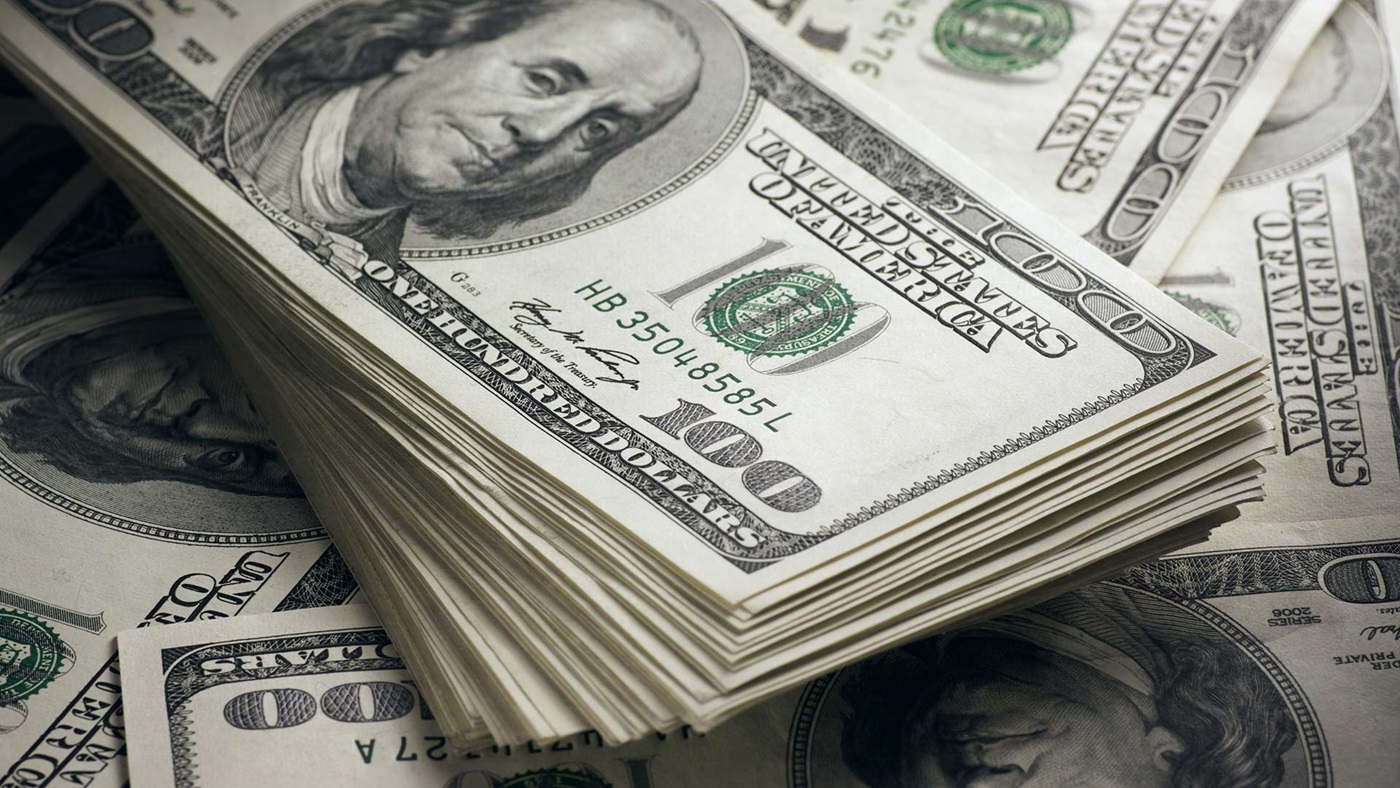While playing politics with the dollar has become a popular pastime from Brazil to Beijing, treasurers shouldn’t be losing too much sleep over the likely impact on their businesses.

Complaints about the power of the greenback have risen sharply following the sanctions imposed on Russia in the wake of the invasion of Ukraine and the heightening of tension between the US and China.
This is not a new phenomenon. As far back as the 1960s, French finance minister (and later president) Valery Giscard d’Estaing was talking about the dollar’s ‘exorbitant privilege’ which has basically allowed the US to live beyond its means for the best part of the last century because countries that run a surplus with the US often use this to buy dollar-denominated US government bonds. But the rhetoric has definitely ratcheted up in recent years.
During a visit to China in April, Brazil’s president Luiz Inácio Lula da Silva and his Chinese counterpart, Xi Jinping, announced the dollar would no longer be used as the currency of exchange and trade would be conducted in national currencies. Lula was recently quoted as saying “every night I ask myself why all countries have to base their trade on the dollar.”
Just weeks earlier, ASEAN finance ministers and central bank governors discussed measures to expand their cross-border digital payment system to include trade exchanges. Last month the UAE and India established a framework for settlement of cross-border transactions in local currencies.
Of course, corporates are not immune to political influence or even interference. However, examples of transactions traditionally done in dollars moving to other currencies are few and far between and are taking place at national rather than corporate level.
The highest profile example came in March when China National Offshore Oil Corporation and France’s TotalEnergies executed the first ever yuan-settled energy deal for liquified natural gas (LNG) through the Shanghai Petroleum and Natural Gas Exchange.
While China was keen to promote the deal as a consequence of discussions with Middle Eastern governments about conducting trade using its local currency, TotalEnergies would only confirm the transaction involved LNG imported from the UAE.
The notion that the Chinese yuan could represent a competitor to the US dollar couldn’t be any further from reality according to Sebastian Petric, a Senior Strategist with private bank LGT, who refers to closed capital accounts in China and relatively restricted capital markets.
In addition, the Chinese currency is not floating and is tightly controlled by the People’s Bank of China, meaning its value could shift suddenly against trading partners.
Creating a new currency is even less likely suggests George Magnus, a Research Associate at the University of Oxford’s China Centre. “It is simply not feasible to graft a currency onto a disparate group of countries that is anything but an optimal currency area, with wildly different economic, balance of payments, and market structures, not to mention political and national security interests,” he says.
Many of the states of the Gulf Cooperation Council are unhappy with US energy policy, specifically measures to ease oil prices and target Russia’s oil interests. But the Saudi currency has been pegged to the dollar since 1986 and its sizeable US treasury bond holdings mean it has a vested interest in maintaining the strength of the dollar.
Neither could the US be expected to accept any serious erosion of the power of its currency without a fight. The greenback still plays a vital role in the trade of oil and petroleum products and researchers at the Department of World Economy and International Business at Moscow-based Financial University reckon the US would likely respond to efforts to reduce use of its currency by ‘searching for the weakest links for increasing the expansion of the dollar’.